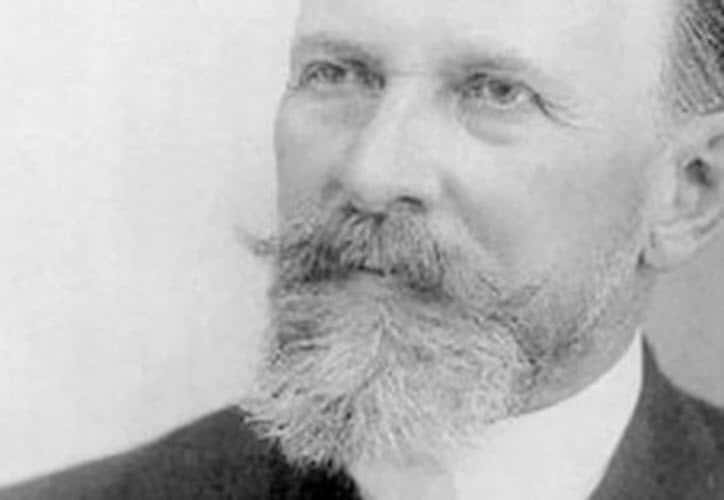Carl Spitteler (24 April 1845 – 29 December 1924) was a Swiss poet, novelist, and essayist who is considered one of the most significant writers in Swiss literature.
Life and Career
He was born on 24 April 1845, in Liestal, Switzerland. He studied theology at the University of Basel but later switched to philosophy and natural sciences at the University of Zurich. He did not complete his studies and left the university in 1869 without obtaining a degree. However, he continued to educate himself by reading extensively and pursuing his literary interests. Despite not completing his formal education, he was well-respected for his intellectual depth and his contributions to Swiss culture and society.
His literary career began with poetry, and his first collection, “Prometheus and Epimetheus,” was published in 1881, and explores themes of myth, nature, and spirituality. He later turned to prose and wrote several novels, including “Lachende Wahrheiten” (1893), A satirical novel that critiques Swiss society and politics through a cast of eccentric characters. and “Imago” (1906), A novel that explores the theme of transformation through the story of a young man who undergoes a profound spiritual awakening. Spitteler’s works are known for their lyrical language, philosophical depth, and exploration of mythological and spiritual themes.
Apart from his literary career, Spitteler also worked as a teacher and a journalist. He was deeply involved in the cultural and political life of Switzerland and wrote extensively on social issues, including education and the role of women in society.
He died on 29 December 1924, in Lucerne, Switzerland.
Award and Legacy
In 1919, he was awarded the Nobel Prize in Literature.
His legacy as a writer and thinker has been enduring. His works continue to be widely read and studied, and he is considered one of the most important figures in Swiss literature. Spitteler’s literary achievements have inspired generations of writers and thinkers, both in Switzerland and around the world. His engagement with mythological and spiritual themes, his exploration of the human condition, and his commitment to social and cultural issues have made him a unique and important voice in the history of European literature.

